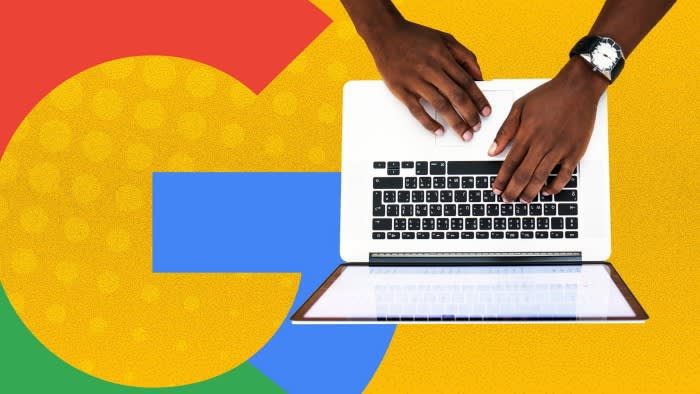Unlock the Editor’s Digest for free
Roula Khalaf, Editor of the FT, selects her favourite stories in this weekly newsletter.
Google is working on the biggest shake-up of its search business by charging for new “premium” features powered by generative artificial intelligence, the first time it would put any of its core product behind a paywall.
The proposed revamp to its cash cow search engine shows the company is still grappling with a technology that threatens its core advertising business, almost a year and a half after the debut of ChatGPT.
Google is looking at options including adding certain AI-powered search features to its premium subscription services, which already offer access to its new Gemini AI assistant in Gmail and Docs, according to three people with knowledge of its plans.
Engineers are developing the technology needed to deploy the service but executives have not yet made a final decision on whether or when to launch it, one of the people said.
Google’s traditional search engine would remain free of charge, while ads would continue to appear alongside search results even for subscribers.
But charging would represent the first time that Google — which for many years offered free consumer services funded entirely by advertising — has made people pay for enhancements to its core search product.
Google reported $175bn in revenue from search and related ads last year, more than half its total sales, posing a conundrum for the company over how to embrace the latest AI innovations while preserving its biggest profit driver.
Since November 2022, when OpenAI launched ChatGPT, Google has been scrambling to respond to the competitive threat posed by the wildly popular chatbot. ChatGPT can give quick and complete answers to many questions, threatening to render redundant a traditional search engine’s list of links, and the lucrative ads that appear alongside them.
Google began testing an experimental AI-powered search service in May last year, presenting more detailed answers to queries while also continuing to present users with links to further information and advertising. However, it has been slow to add any of the features from what it calls its “Search Generative Experience” experiment to its main search engine.
These kinds of search results, which include an “AI-powered snapshot”, are more costly for Google to serve up than its traditional responses because generative AI consumes a lot more computing resources. It has offered access to SGE to only a select few users, including some subscribers to its Google One bundle that offers benefits such as extra cloud storage for a monthly fee.
Microsoft, which has an expansive partnership with OpenAI, launched improved GPT-powered search and a chatbot, now called Copilot, in its Bing search engine more than a year ago. However, the new AI features have done little to boost Bing’s market share, which lags far behind Google.
Some analysts have warned that Google’s ad business could suffer if its search engine provided more complete AI-generated answers that no longer required users to click through to its advertisers’ websites. Also, many online publishers that depend on Google for internet traffic fear fewer users will visit their sites if Google’s AI-powered search extracts information from their web pages and presents it to users directly.
Google this year added a new premium tier to its Google One consumer subscription service for users who wanted to use its most advanced Gemini chatbot. It has also added Gemini to Workspace, its suite of online productivity apps like Gmail and Docs.
It is unclear how exactly the company would seek to integrate AI-powered search into these paid-for services, which offer different pricing tiers, or when the AI-powered search offering would be ready to launch. Google could still decide to launch certain elements of its experimental AI-powered service into its main, free search engine over time, according to people familiar with its thinking.
Google said the company was “not working on or considering” an ad-free search experience but that it would “continue to build new premium capabilities and services to enhance our subscription offerings across Google”.
“For years, we’ve been reinventing Search to help people access information in the way that’s most natural to them,” said Google. “With our generative AI experiments in Search, we’ve already served billions of queries, and we’re seeing positive Search query growth in all of our major markets. We’re continuing to rapidly improve the product to serve new user needs.”
It added: “We don’t have anything to announce right now.”
